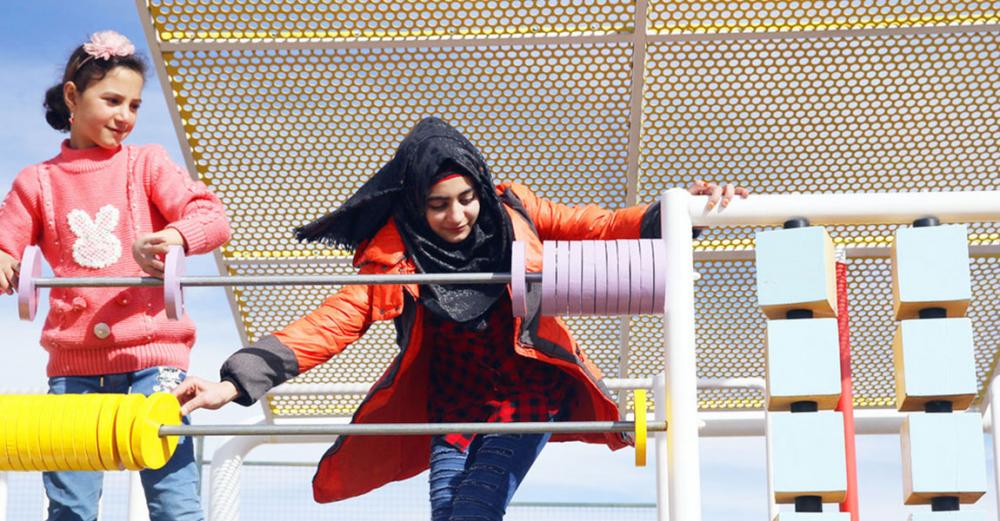Just Earth News | @justearthnews | 11 Jul 2020

New York: Sounding the alarm over the crippling impact of “growing economic shocks, coupled with the COVID-19 pandemic” in Lebanon, the UN human rights chief called on Friday for a unified response by politicians and the people to overcome the worsening socio-economic crisis there.
“Many have lost jobs, seen their life-savings evaporate before their eyes and lost their homes”, underscored High Commissioner for Human Rights, Michelle Bachelet, urging the Government, political parties and the financial sector, to work together to protect the poorest and most defenceless.
Poorest most at risk
Vulnerable Lebanese and other at-risk groups, such as refugees and migrant workers, are increasingly unable to meet their basic needs.
“This situation is fast spiralling out of control, with many already destitute and facing starvation as a direct result of this crisis”, said Ms. Bachelet. “And as is so often the case in such situations, it is the poorest and most vulnerable who suffer the most”.
She painted a picture of hundreds of families unable to “afford to put food on the table”, saying “their situation will only get worse as food and medical imports dry up as the depreciated Lebanese pound has greatly increased the cost of imported goods”.
Propelling poverty
As of April, Government estimates reveal that a staggering 75 per cent of the population need aid.
Amidst the acute economic downturn, the COVID pandemic and containment measures, one in three Lebanese have reportedly lost their jobs, while many others are likely to be pushed into the informal sector.
“Unemployment propels poverty and indebtedness”, said the head of the UN rights office (OHCHR).
“In a country with no unemployment benefits and fragile social security nets, an unemployment crisis has grave implications not only for the economy but for the very social fabric of the country”.
Widespread protection needed
Last October, chronic mismanagement, corruption and political stalemate boiled over into street protests and now the country is teetering on the brink of economic collapse.
Since that time, the local currency has lost more than 80 per cent of its value, thousands of businesses have shuttered, and chronic power cuts have become the norm.
Moreover, many of the 250,000 migrant workers in the country have either lost their jobs, not been paid, or been left homeless and are unable to pay for healthcare or send remittances back home to their families.
“It is important during these difficult times that we re-evaluate how we treat migrants, including as workers”, said Ms. Bachelet. “As we respond to this pandemic and the socio-economic crisis, we must include and protect everyone, regardless of their migration or other status”.
All hands on deck
The UN rights chief called on the country’s political parties and leaders to enact urgently needed reforms, and to prioritize the provision of essential needs, including food, electricity, health and education.
The international community needs to increase its assistance to the Government to support these efforts, she added.
“Without strengthened social safety nets and bolstered basic assistance to ease the pain caused by required structural reform, vulnerable Lebanese, migrant workers and refugees will be pushed further into poverty and extreme poverty”, the High Commissioner spelled out.
“The alarm has been sounded, and we must respond immediately before it is too late”.